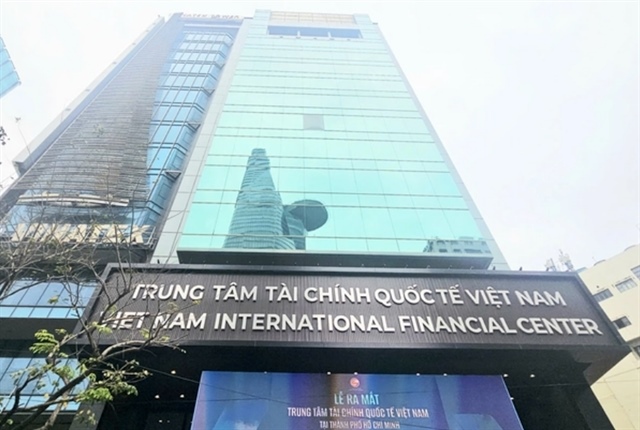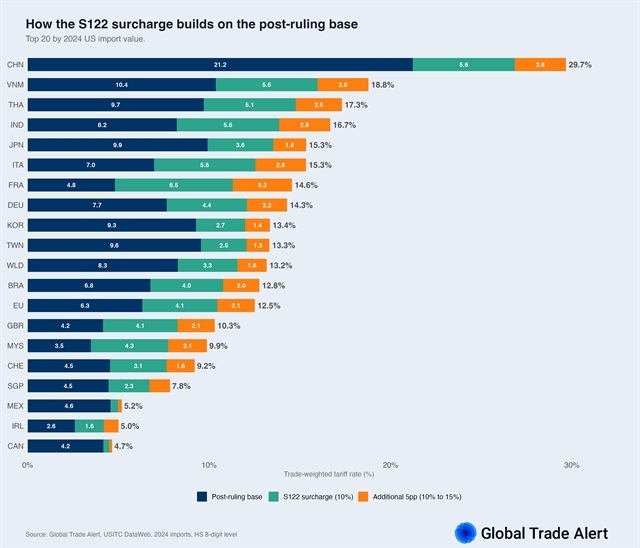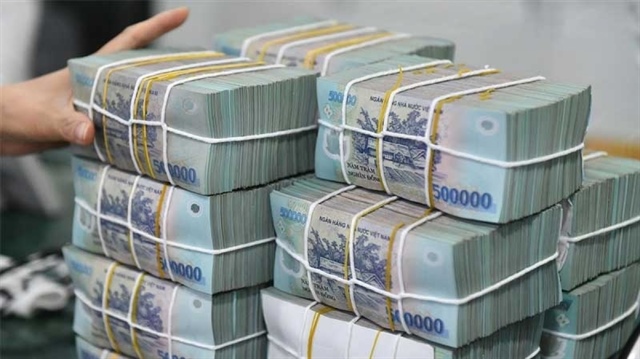Interest rate floating policy would not make capital more expensive
Interest rate floating policy would not make capital more expensive
The decision by the State Bank of Vietnam to float the interest rates for 12 month and longer term loans has raised the worry that the capital in Vietnam would become even more expensive. However, commercial banks have denied this.
However, while setting stricter control over short term deposits, the State Bank has decided to leave the lending interest rates for 12 month and longer term loans floating, which means that the interest rates would be negotiable by banks and borrowers.
Deputy Governor of the State Bank of Vietnam Le Minh Hung said that the current conditions are favorable for the interest rate reductions. The inflation has been decreasing, which is forecast to be 7-8 percent in 2012, while the bank liquidity has been improved. The interest rate adjustment could be seen as the fulfillment of the Governor of the State Bank’s commitment to gradually remove administrative measures in regulating the monetary policies.
However, the decision on slashing the short term ceiling deposit interest rates sharply (down by 5 percent just within two months), but floating medium and long term interest rates has raised a worry that this would lead to a new race, where banks would push up the long term capital mobilization.
“Since the capability of commercial banks is not equitable, the lift of the ceiling interest rate for 12 month and longer term deposits may prompt banks to join the race to mobilize long term capital,” Bui Kien Thanh, a well-known economist, has warned.
“This means that businesses would have to borrow money at higher costs,” he continued.
Short term loans (less than 12 month term loans) mostly satisfy businesses’ demand for working capital or short term business deals. Meanwhile, production companies need long term capital for investment and business expansion.
Though the interest rates have decreased, banks still maintain strict requirements on borrowers. Therefore, analysts have predicted that only few businesses can satisfy the requirements to be eligible for getting loans, because they have become weaker in the economic downturn.
However, Cao Sy Kiem, former Governor of the State Bank of Vietnam, said that the new interest rate war (banks try to offer high interest rates to scramble for clients’ deposits, thus pushing the market interest rates up), would not occur, if the State Bank can complete the treatment of nine weak banks by June 2012.
The weak banks are believed to be the “culprits” who led to the previous interest rate war. The banks, due to their weak liquidity, had to mobilize capital to improve their liquidity at any costs. Therefore, they accepted to pay high interest rates to attract deposits.
Meanwhile, deputy general director of a big joint stock bank, said that banks still keep hesitant when providing medium and long term loans.
“When you provide long term loans, you would have to ‘live’ with the businesses for a long time. Therefore, you would only give loans if you believe that the borrowers have feasible business plans, which allow them to pay bank debts,” he said.
“Meanwhile, in such circumstances, the number of healthy and prestigious businesses which have feasible business plans is really modest,” he explained.
He went on to say that since banks hesitate to provide long term loans, they would not think of competing with each other to mobilize long term capital, which means that the interest rate war would not happen
vietnamnet






















